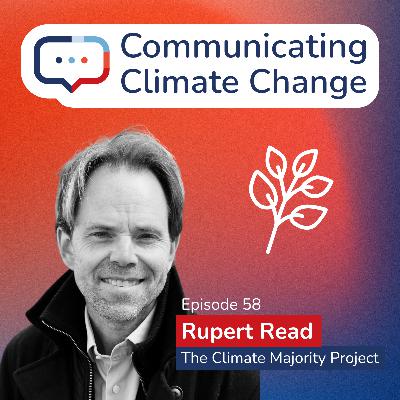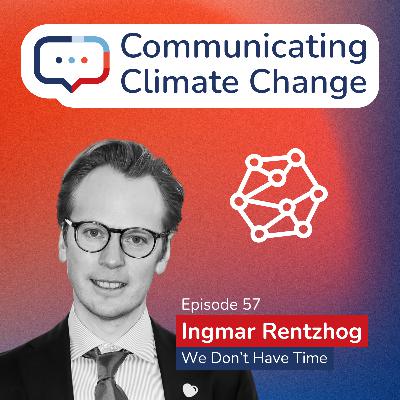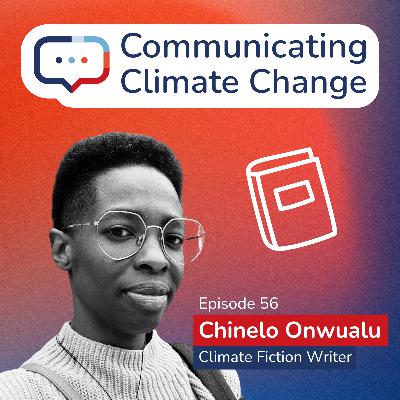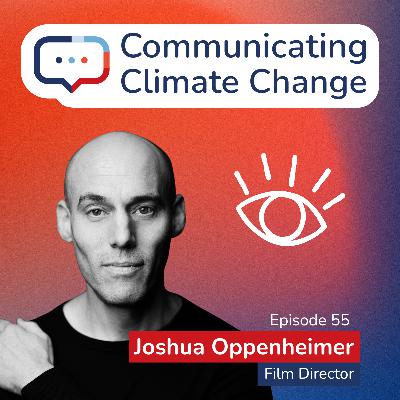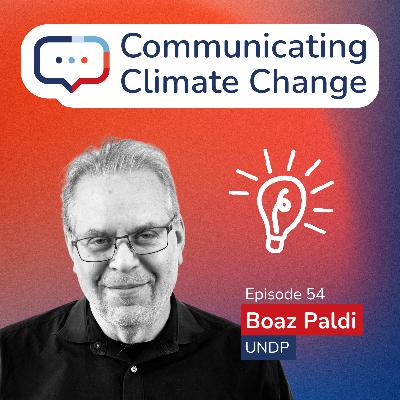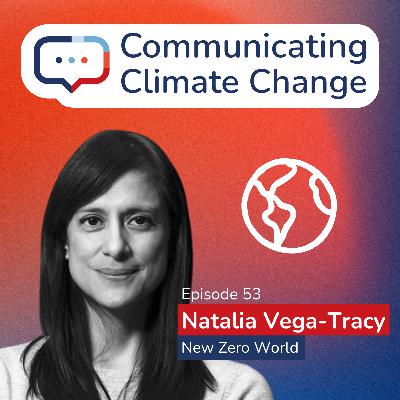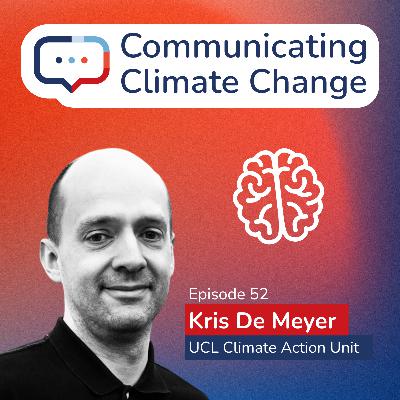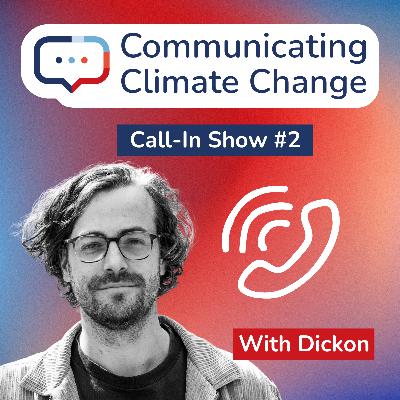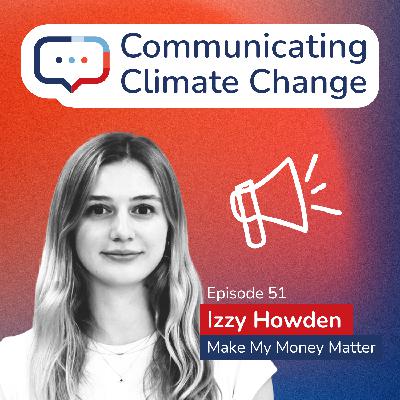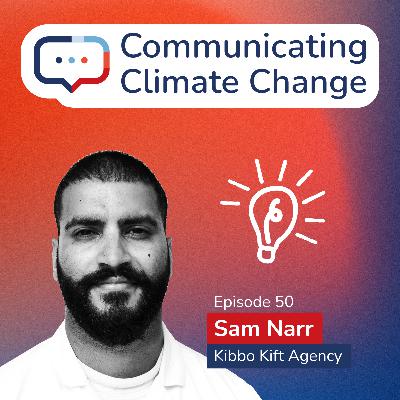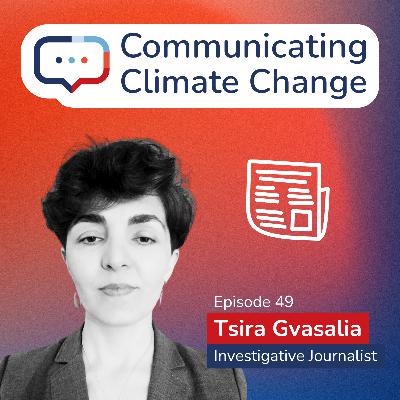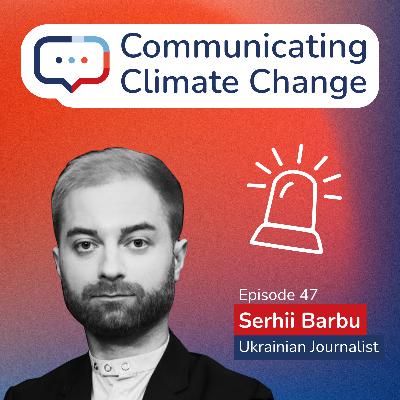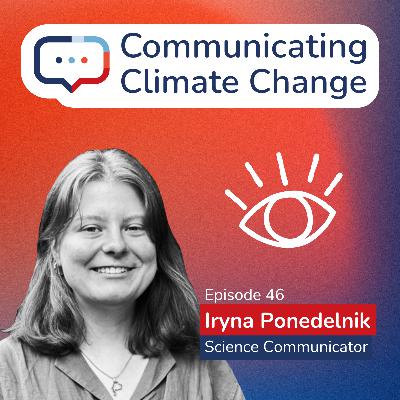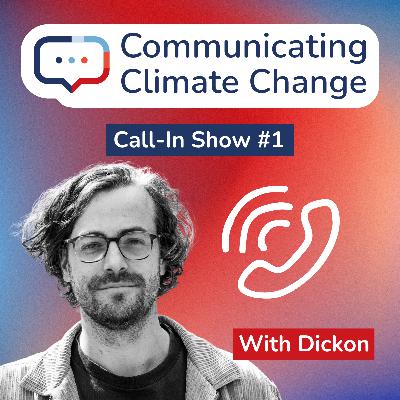This episode features a conversation with Natalia Vega-Tracy, founder of centralised communications hub, New Zero World, and multi-sector coalition, EPIC, the Earth Public Information Collaborative. It was recorded in July 2024.Natalia is a leader in global advocacy and social impact, with more than 25 years of experience leading campaigns and content designed to influence culture and drive positive change in the world. She’s been the driving force behind collaborations with international partners across all sectors, from progressive brands and corporations to humanitarian non-profits and both governmental and intergovernmental organizations, where her work has earned nominations and awards from many of the most renowned international festivals in the advertising world.Natalia has been widely recognized for her work creating innovative strategies, campaigns, films and experiential events in support of the United Nations, and was named one of the “Top 10 most influential media and communications executives" for her work supporting the Sustainable Development Goals.In 2022, she founded New Zero World to shift public opinion and promote behavioural change by building new climate narratives and positively reimagining our visions of the future. New Zero World’s flagship report entitled, “A New Era In Climate Communications” gathers world-leading research and insights from the best minds in science communications, creativity, and cultural influence. The resource is a must-read for anyone working in and around climate communication, with chapters dedicated to practically every facet of the craft. In 2024, together with the Global Commons Alliance, New Zero World launched EPIC, the Earth Public Information Collaborative, with the vision to bring together businesses, media platforms, ad agencies, creators, philanthropy and, of course, science, to reposition climate change across every community on earth.Acting as a campaign in itself, the process is designed to not only engage agencies, industry and media, but also the public. It’s described as a campaign for all of us, involving all of us – taking a whole earth approach.Amongst other things, Natalia and I discussed the power of using creativity for good, the need to fill an imagination gap about the future we’re heading towards, and how the sausage is made when it comes to large, multi-stakeholder coalitions.Additional links: Check out whitepaper, A New Era in Climate CommunicationsVisit the New Zero World websiteExplore the Earth Public Information Collaborative websiteHoward Bloom’s book, Global BrainWatch the trailer for the film, 2040







